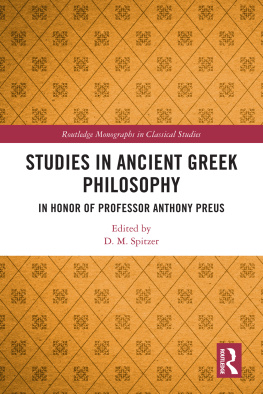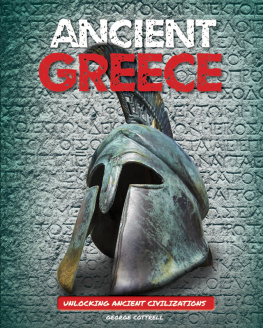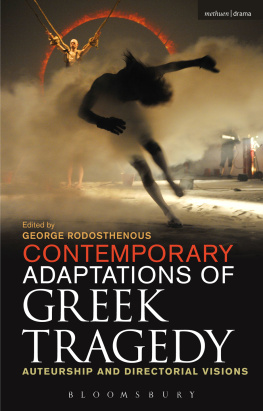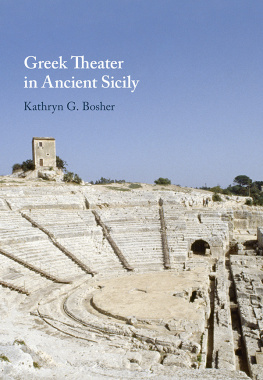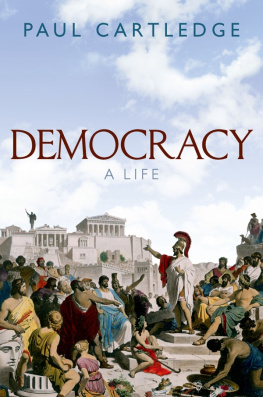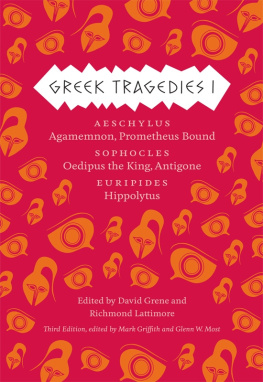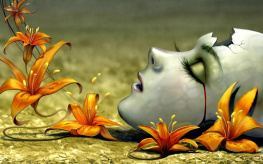Doerries - The Theater of War: What Ancient Greek Tragedies Can Teach Us Today
Here you can read online Doerries - The Theater of War: What Ancient Greek Tragedies Can Teach Us Today full text of the book (entire story) in english for free. Download pdf and epub, get meaning, cover and reviews about this ebook. year: 2015, publisher: Knopf Doubleday Publishing Group, genre: Non-fiction. Description of the work, (preface) as well as reviews are available. Best literature library LitArk.com created for fans of good reading and offers a wide selection of genres:
Romance novel
Science fiction
Adventure
Detective
Science
History
Home and family
Prose
Art
Politics
Computer
Non-fiction
Religion
Business
Children
Humor
Choose a favorite category and find really read worthwhile books. Enjoy immersion in the world of imagination, feel the emotions of the characters or learn something new for yourself, make an fascinating discovery.

- Book:The Theater of War: What Ancient Greek Tragedies Can Teach Us Today
- Author:
- Publisher:Knopf Doubleday Publishing Group
- Genre:
- Year:2015
- Rating:4 / 5
- Favourites:Add to favourites
- Your mark:
The Theater of War: What Ancient Greek Tragedies Can Teach Us Today: summary, description and annotation
We offer to read an annotation, description, summary or preface (depends on what the author of the book "The Theater of War: What Ancient Greek Tragedies Can Teach Us Today" wrote himself). If you haven't found the necessary information about the book — write in the comments, we will try to find it.
This is the personal and deeply passionate story of a life devoted to reclaiming the timeless power of an ancient artistic tradition to comfort the afflicted. For years, theater director Bryan Doerries has led an innovative public health project that produces ancient tragedies for current and returned soldiers, addicts, tornado and hurricane survivors, and a wide range of other at-risk people in society.
Drawing on these extraordinary firsthand experiences, Doerries clearly and powerfully illustrates the redemptive and therapeutic potential of this classical, timeless art: how, for example, Ajax can help soldiers and their loved ones better understand and grapple with PTSD, or how Prometheus Bound provides new insights into the modern penal system. These plays are revivified not just in how Doerries applies them to communal problems of today, but in the way he translates them himself from the ancient Greek, deftly and expertly rendering enduring truths in contemporary and striking English.
The originality and generosity of Doerriess work is startling, and The Theater of Warwholly unsentimental, but intensely felt and emotionally engagingis a humane, knowledgeable, and accessible book that will both inspire and enlighten. Tracing a path that links the personal to the artistic to the social and back again, Doerries shows us how suffering and healing are part of a timeless process in which dialogue and empathy are inextricably linked.
Doerries: author's other books
Who wrote The Theater of War: What Ancient Greek Tragedies Can Teach Us Today? Find out the surname, the name of the author of the book and a list of all author's works by series.

